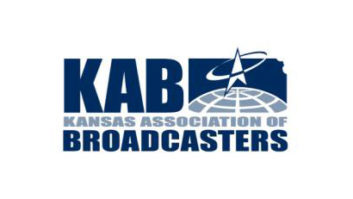Members of the House of Representatives fiercely debated the Senate indecency bill Tuesday.
Fred Upton, R-Mich., said S. 193 was nearly identical to a bill he and others introduced in the House in January 2004, a week and a half before the infamous Janet Jackson/Justin Timberlake Super Bowl half-time show.
What “compelled” him to act, he said, was a review of transcripts of broadcast indecency cases at the FCC.
“My friends, public decorum on this floor precludes me from reading those transcripts out loud, but what I will say is that what I read was disgusting, vile and had no place on our public airwaves.”
Most broadcasters, Upton said, are responsible licensees; he gave a nod to those who have strengthened their zero-indecency tolerance policies and installed software to flag and prevent indecent programming from going over the air.
However, “for those broadcasters who are less than responsible, the FCC needs to have the teeth to enforce the law, and this bill, S. 193, will give the FCC that teeth,” Upton said.
Rep. Ed Markey, D-Mass., noted the measure does not define what is or is not indecent material, leaving that to the FCC and the courts.
Rep. Greg Walden, R-Ore., supported the measure, but the 20-year radio licensee said recent FCC decisions regarding indecency have left him and broadcast colleagues “a bit confused about where the boundaries are.”
Smaller broadcasters, especially, need clarification about what is or is not indecent because a fine of $32,500 currently on the books could bankrupt them, said Walden.
He noted that Congress can’t treat cable or satellite radio or television the same as broadcasters and that when hearings began on the issue “one of the individuals who probably caused the most ruckus on the public airwaves shifted over to satellite radio so that he could carry on there unfettered,” an apparent reference to Howard Stern.
In this election year, only two lawmakers, Rep. Diane Watson, D-Calif. and Gary Ackerman, D-N.Y., said they would oppose the bill.
Watson called it “weak attempt” that doesn’t get at the root of the problem, which she said is media concentration and a lack of competition. As the FCC rewrites media ownership rules, Watson suggested its members consider making the fulfillment of public interest obligations an element of broadcast licensees’ renewal requirement and restore the fairness doctrine.
‘Disgusting and Vile’ in the U.S. House
'Disgusting and Vile' in the U.S. House












